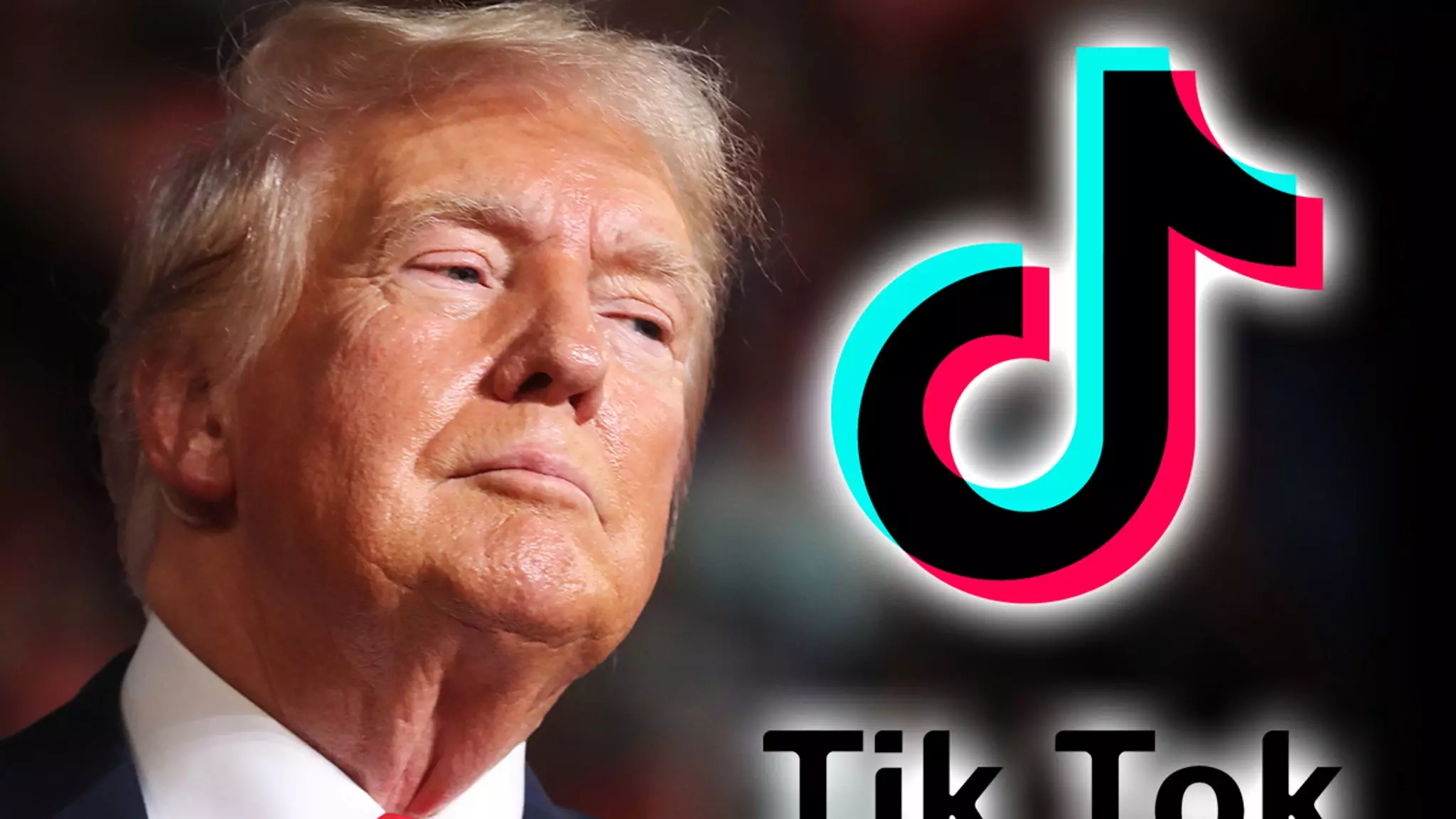Former President Donald Trump is making headlines once again, this time urging the U.S. Supreme Court to halt an impending ban on TikTok. This ban is set to be enacted on January 19, coinciding with the day before Trump’s anticipated inauguration for a second term. The legislation mandates that TikTok’s parent company, ByteDance, a Chinese entity, must divest its ownership of the popular app or face a shutdown in the U.S. This situation underscores a complex intersection of technology, politics, and national security that could have far-reaching implications.
In a legal brief filed by Trump’s attorney, John Sauer, the former president is asking the Supreme Court to consider delaying the enforcement of this law until he assumes office. Trump’s argument centers around his desire to explore a political resolution to the emerging crisis surrounding TikTok, reflecting his confidence as a deal-maker. He emphasizes the unique position he believes he occupies — asserting that he holds both the electoral mandate and political will to effectuate a resolution that would address the nation’s security concerns while allowing the continuation of TikTok’s operations in the U.S.
This claim reflects Trump’s historical dependence on social media platforms, where he has established himself as a prominent figure. Prior to his ban from Twitter, he amassed a significant following and later created his own platform, Truth Social. Now, he asserts that nearly 15 million TikTok users have engaged with him on this platform, depicting himself as one of the most influential figures in social media history.
However, the conversation does not solely hinge on Trump’s appeal; the U.S. government’s position reveals a significant rationale for the proposed ban. Multiple briefs filed by the government highlight the national security risks posed by potential Chinese government influence over TikTok. With rising tensions between the U.S. and China, lawmakers are increasingly vocal regarding fears that data collected by the app could be exploited for espionage or other malign purposes.
The government’s rationale isn’t without merit, but it raises a critical debate in American society concerning the balance between national security and personal freedoms. TikTok, anticipating the legal challenges ahead, has proactively pushed back against the ban, arguing that it infringes on First Amendment rights. The platform’s defense highlights a broader struggle faced by online platforms: where does the line between national security and freedom of expression lie?
As the Supreme Court contemplates whether to accept this case, the ramifications could extend far beyond TikTok and Trump’s political landscape. Should the court decide to intervene, it could set a precedent concerning technology regulation, national security, and constitutional rights. Moreover, it poses the intriguing question of whether a sitting president’s influence can reshape the framework of such critical, contemporary issues.
The TikTok ban and Trump’s appeal to the Supreme Court unravel a complex tapestry of legal, political, and social threads. As both sides prepare for an intense battle in the court, the implications of this situation promise to challenge the foundations of technology policy and governance in America for years to come.


Leave a Reply